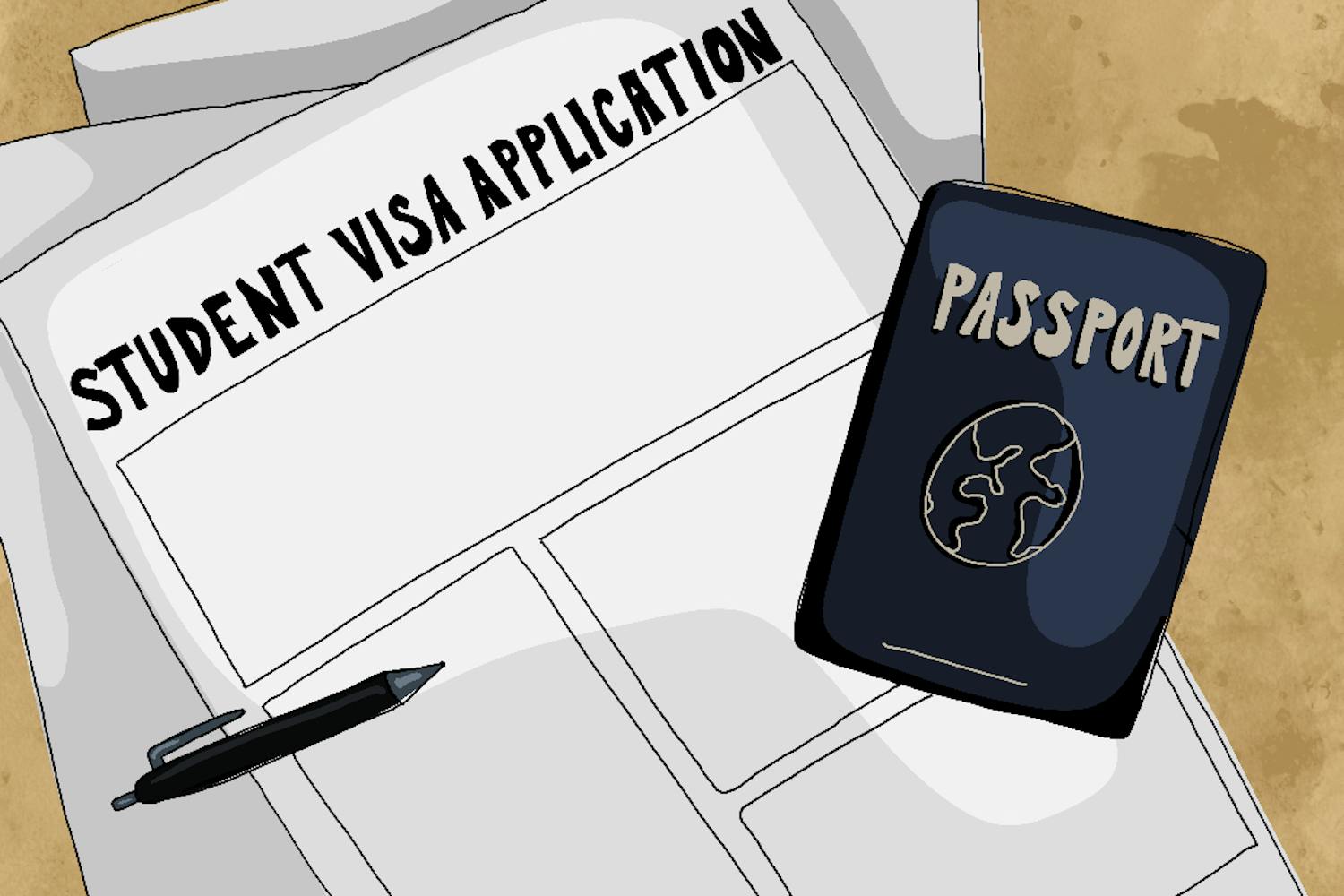The Arizona Executive Budget for fiscal year 2020 includes a $27 million increase for universities statewide and expands a program that provides tuition to education students.
The budget, released by Governor Doug Ducey on Friday and yet to be approved by state lawmakers, proposed allocating $269.9 million to fund public K-12 and higher education. $35 million of that would be given to universities across the state in order to provide them with “budget flexibility to address their high-priority needs and provide additional support to Arizona resident students.”
In fiscal 2019, the amount given to universities for the same purpose was only $8 million.
The funds are used by the University to “keep tuition lower for Arizona residents, to hire world-class teaching faculty, and to provide other academic support and advising," said a spokesperson for ASU.
The governor’s office was unable to provide comment before the publication of this story.
The budget also proposed a permanent expansion of the Arizona Teachers Academy, a program that pays the tuition and fees of students majoring in education who agree to teach in Arizona after graduation.
Currently, only Arizona residents and education majors are eligible for the program. If expanded, the program would include non-residents and non-education majors, as long as they are enrolled part-time or full-time with the education college at their university. Students who receive funds from the program must work one year for every year they receive funding from the Arizona Teachers Academy.
The proposal includes $21 million in funding for the Arizona Teachers Academy statewide. Universities currently have to foot the bill for the program, said Paul Gediman, the executive director of marketing and advancement for the Mary Lou Fulton Teachers College at ASU.
There are 255 students currently enrolled in the Arizona Teachers Academy at ASU, with 225 of those students being funded through the academy, Gediman said. The remaining students have been “admitted to programming aspects” of the Arizona Teachers Academy, he said, but they have received funding for tuition and fees from other sources.
While some residents say the expansion of the funding could be misused, Gediman and other supporters of the proposal say it provides prospective teachers a more feasible path to a career in education.
“We’re thrilled that the proposed state budget addresses the necessity of attracting teachers to the profession and reducing the debt burden of students who commit to teaching in Arizona,” Gediman said. “No one should be unable to afford to teach.”
Alejandra Galindo, a junior studying educational studies at the teacher's college, said that because of low salaries for teachers in the state, the program is necessary for students and for the state to incentivize people to teach in Arizona.
“The reaction that people give you when you tell them what you’re studying (education) — they give you this look of pity because it’s a widely known thing that teachers don’t get compensated [enough] here,” Galindo said.
Galindo, who is not a member of the program, said that it is a step in the right direction, but that it is not an “end-all, be-all situation.”
“The teacher shortage in Arizona is just ridiculous,” she said. “It is a fault of the state for not taking measures like this sooner.”
Galindo said she was concerned that the program could be misused and that students simply looking for a scholarship would then end up teaching. She said that “it’s important for them to get people that demonstrate that they’re passionate about education.”
Education students could also benefit from a proposed expansion of the Arizona Teacher Student Loan Program, also known as ATSLP. The program provides a forgivable, need-based loan of up to $7,000 per year in tuition and fees for students who “agree to teach STEM or special education in a low-income, tribal, or rural community.” The $250,000 proposed increase would raise total funding of the program to $676,000.
The budget also includes a measure that pays for premium increases the state was previously asking universities to pay. According to the budget summary, a “shortfall in the State’s Health Insurance Trust Fund (HITF)” asked universities to pay an increase in health insurance premiums.
The summary said that universities had planned to use a portion of tuition collections to pay this increase, but that they will no longer have to pay the increases if the budget is approved as is. The proposed budget includes $4.6 million to ASU to cover the premium increases.
Reach the reporter at bpietsch@asu.edu and follow @bryan_pietsch on Twitter.
Like The State Press on Facebook and follow @statepress on Twitter.




